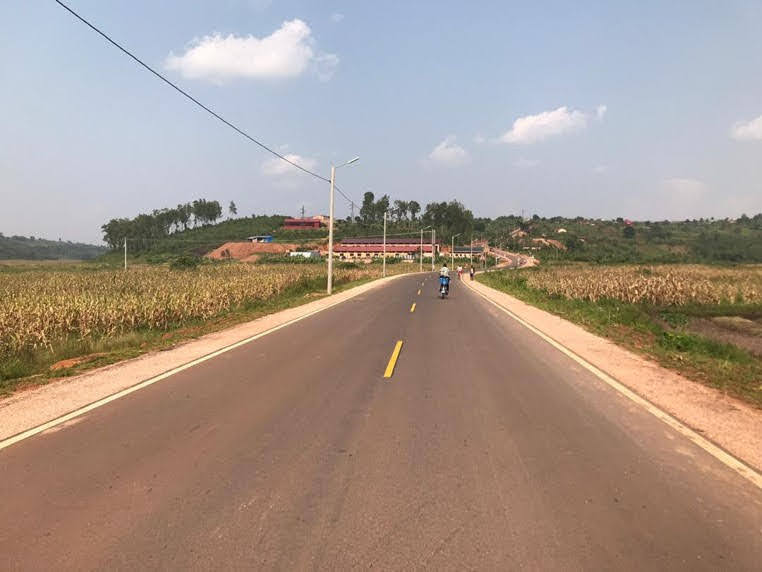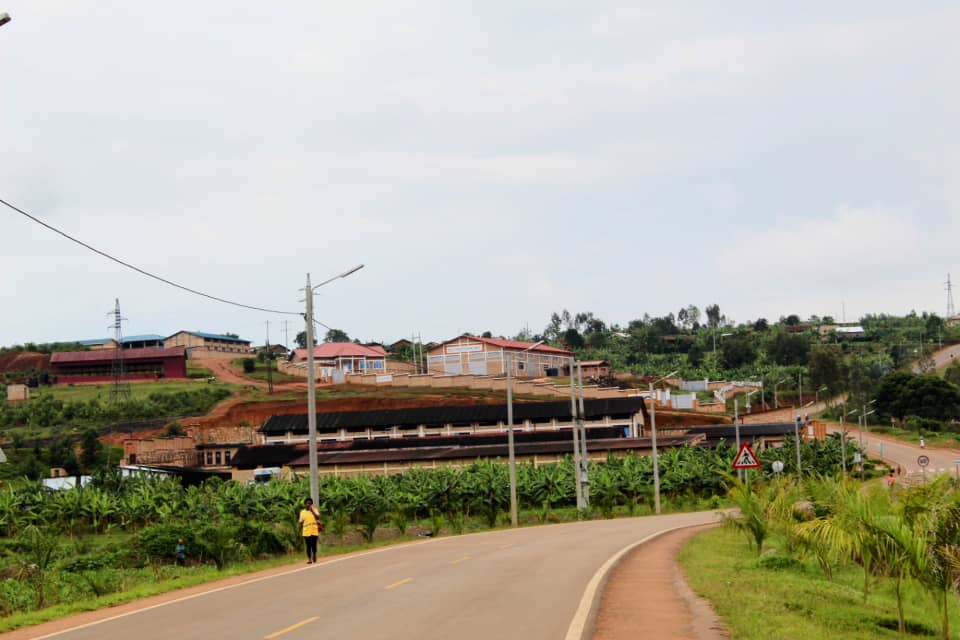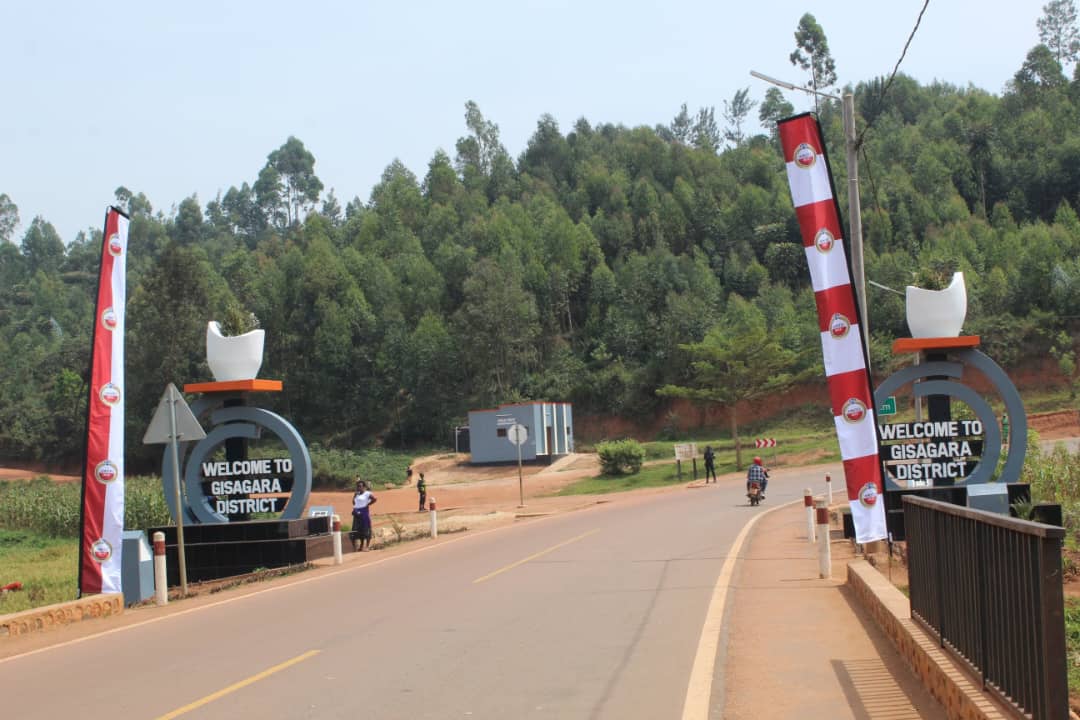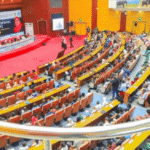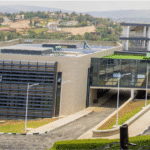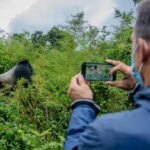Leaders of Gisagara District are urging both local and foreign investors to make the decision to invest in the district and take advantage of the many opportunities available across various sectors.
In a press briefing, the Mayor of Gisagara District said the area is endowed with numerous untapped opportunities in agriculture and livestock, agro-processing industries, cultural and historical tourism, as well as small-scale industries that can create jobs for residents.
He stated: “Gisagara is a district with very fertile land, abundant water, and roads that connect to many places. Anyone who invests here will not miss out on profits. We want investors to come and partner with us to uplift our people.”
Residents of the district say they welcome such initiatives because they can help them access jobs, boost their business capacity, and drive overall development that transforms their daily lives.
A young resident from Save sector said: “When new investments come here, it benefits us too because we get jobs, run projects, and our economy improves. We hope what our leaders are saying will be put into practice.”
Gisagara: A District Rich in Agriculture
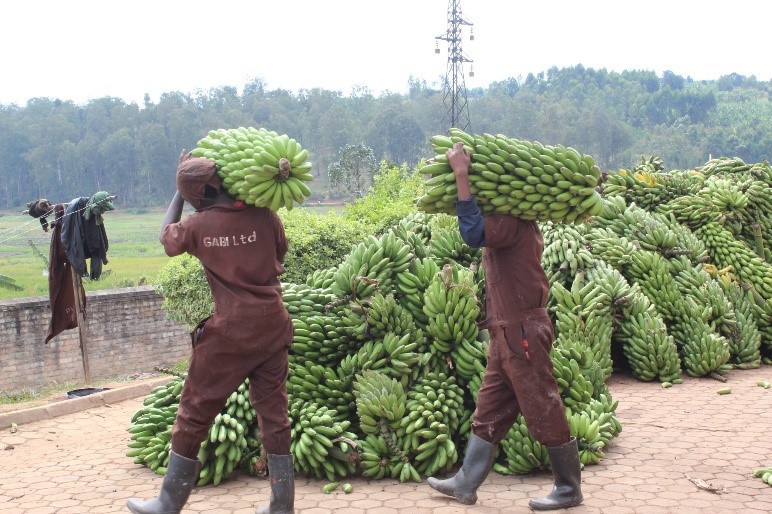
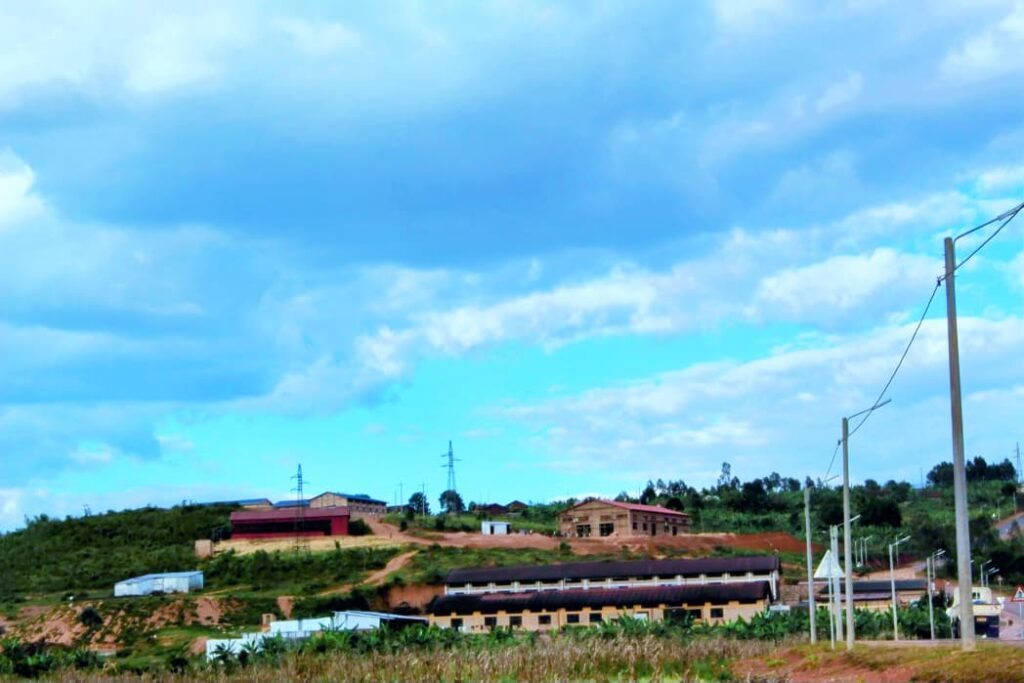
Gisagara District, located in the eastern part of the Southern Province, consists of 13 sectors, 59 cells, and 524 villages, with a population of over 407,000. The district boasts fertile land, rivers, and vast marshlands, making it a hub for diverse agricultural activities.
1. Rice
Rice is widely grown in the marshlands of Mugombwa, Ndora, and Mamba. Projects such as JICA–WAMCAB have been established to promote irrigation, with more than 868 hectares under rice cultivation and 109 hectares for vegetables. Investment opportunities include rice mills, warehouses, and improved transport and market access.
2. Coffee
Coffee is one of Rwanda’s top export earners, and Gisagara has an excellent climate for coffee cultivation on its hills. While cooperatives have set up coffee washing stations, there is still a need for industries that add value through roasting, packaging, and promoting Rwandan coffee in international markets.
3. Beans, Maize, Cassava, and Irish Potatoes
These staple crops are widely cultivated in the district and form the basis of the local diet. Investment opportunities lie in maize and cassava flour processing plants, potato processing (crisps/chips), and modern storage facilities for long-term preservation.
4. Fruits and Vegetables
Gisagara also has potential in fruits such as pineapples, avocados, mangoes, and tomatoes. Investors could establish juice factories, cold storage facilities, and ventures that supply both local and export markets.
Agro-Processing Industries
Currently, the district hosts small-scale rice and cassava flour processing plants, along with cooperative-owned coffee washing stations. However, district leaders emphasize that these industries remain too few compared to the region’s agricultural output. This leaves significant opportunities for investors to set up larger agro-processing plants and value addition industries.
Vision for the Future
Gisagara leaders stress that their goal is to work closely with investors so the district can become a model of economic growth and sustainable development.
